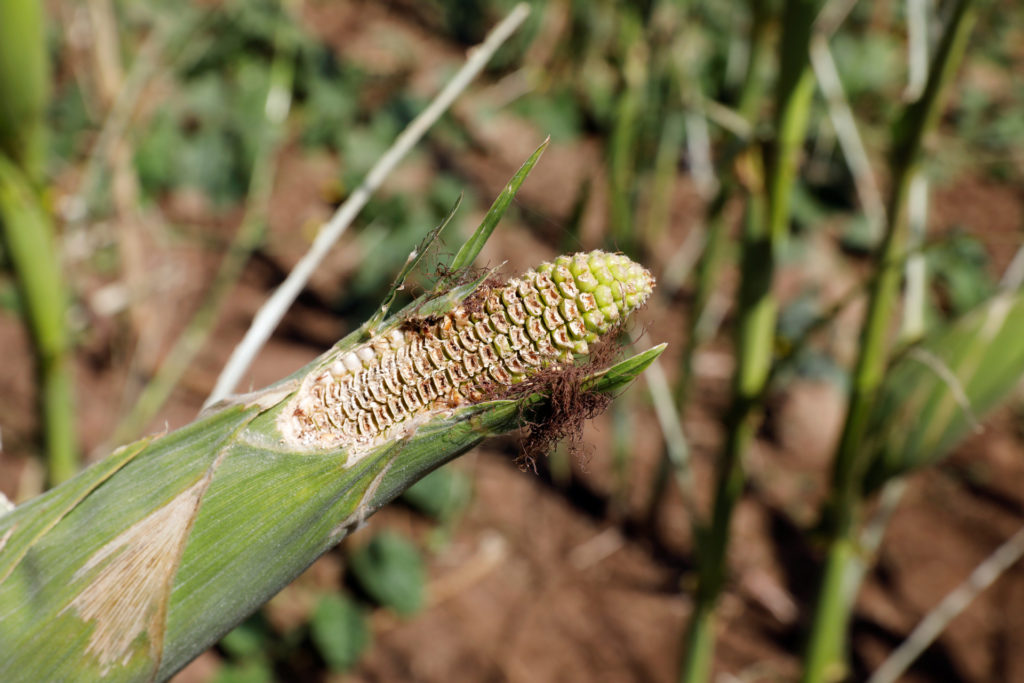“As predicted, a second wave of desert locusts is coming to East Africa driven by the recently witnessed abundant rains. The affected countries are now well prepared to contain the infestations since we have been working together to prepare for this,” FAO said in a statement released on Twitter on Monday.
According to the UN body, it has been closely monitoring the global desert locust situation and can provide forecasts, early warning and alerts on the timing, scale and location of invasions and breeding through its global Desert Locust Information Service.
“All locust-affected countries transmit locust data to FAO, which in turn analyzes this information in conjunction with weather and habitat data and satellite imagery in order to assess the current locust situation, provide forecasts up to six weeks in advance and issue warnings on an ad-hoc basis,” FAO said.
Speaking in Nairobi, Kenya’s capital on Nov 6, Hamadi Bogathe, Kenya’s principal secretary in the ministry of agriculture, said the government has plans in place to control the locusts once the swarms attack the country.
“Locusts are breeding in Ethiopia, it is projected that they might cross into Kenya around December. We are aware and therefore prepared for the second attack. We have enough pesticides, equipment and personnel to handle the second wave,” Bogathe said.
In early March, Kenya and a number of countries in the horn of Africa including Ethiopia, Somalia and Uganda experienced the worst locust attack in seven years.
